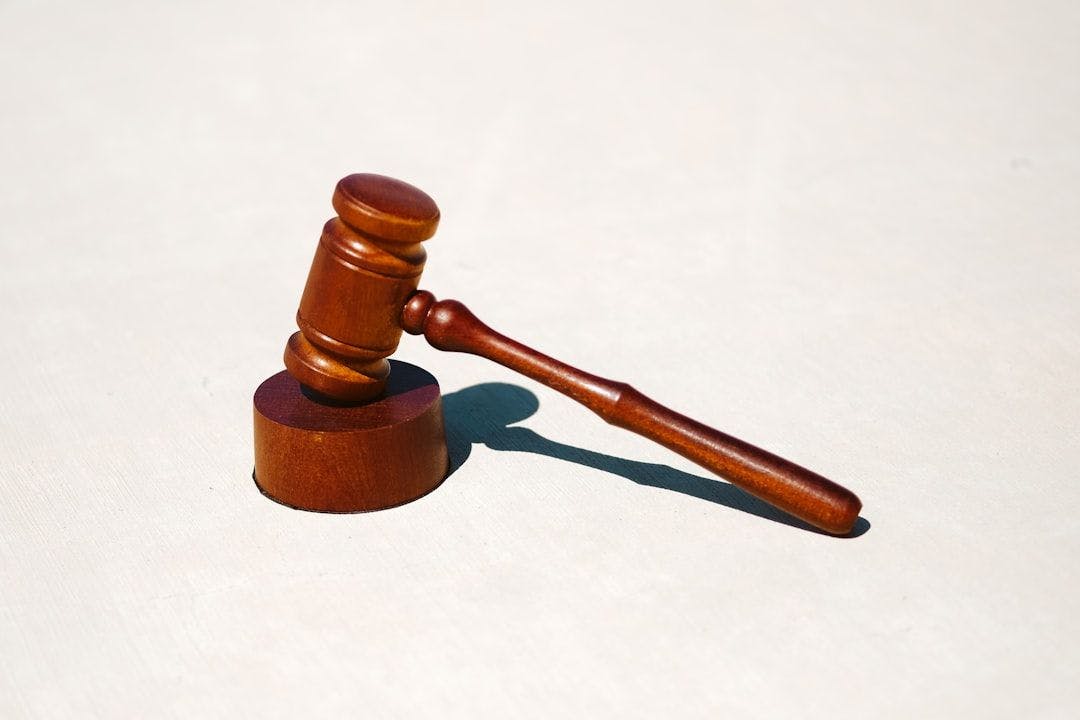The New York Times Cannot Sue for Conduct Occurring More than Three Years Ago
by
March 6th, 2024

Legal PDFs of important tech court cases are far too inaccessible for the average reader... until now.
About Author
Legal PDFs of important tech court cases are far too inaccessible for the average reader... until now.
